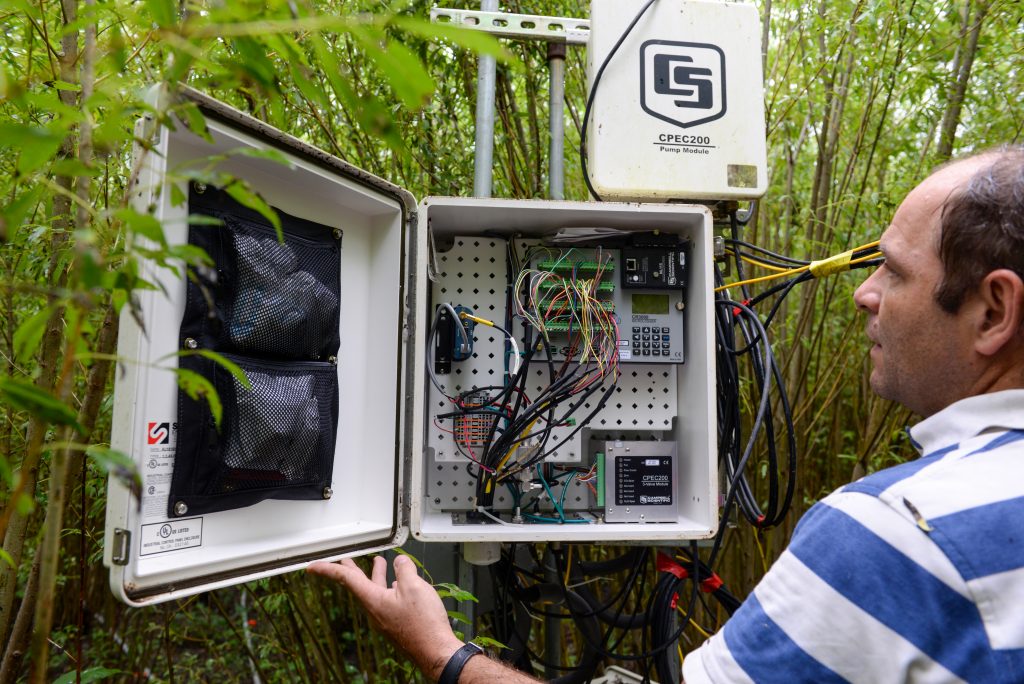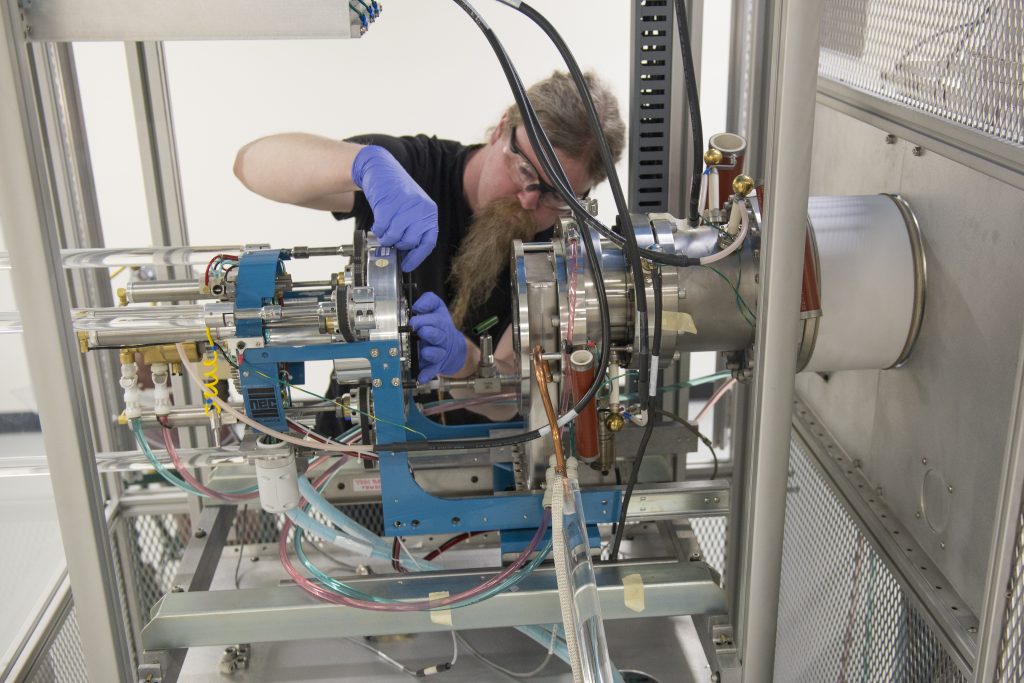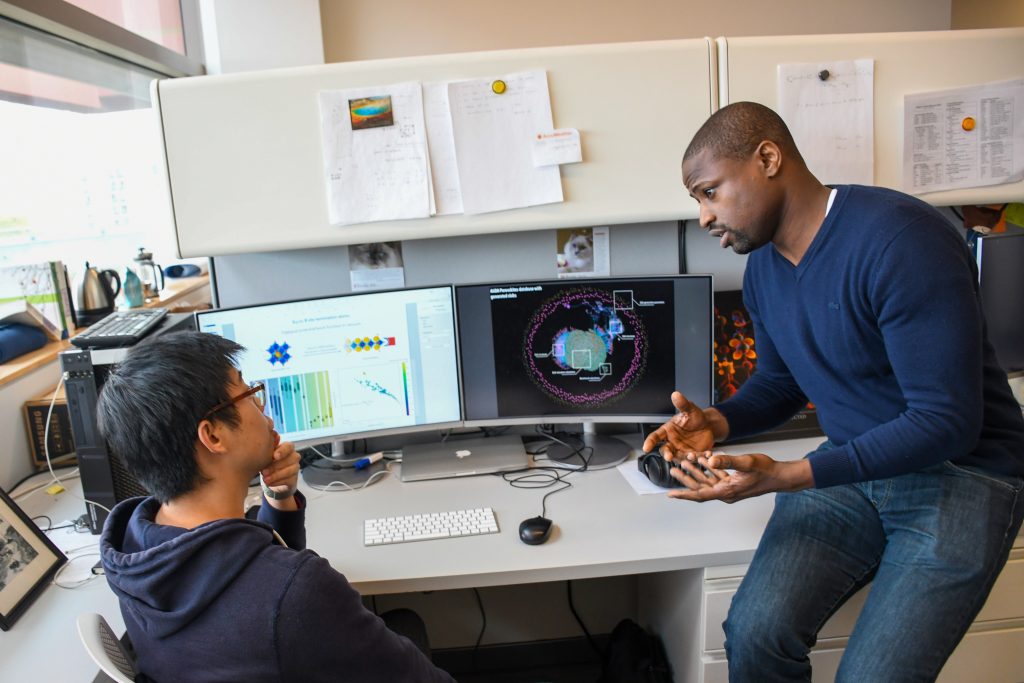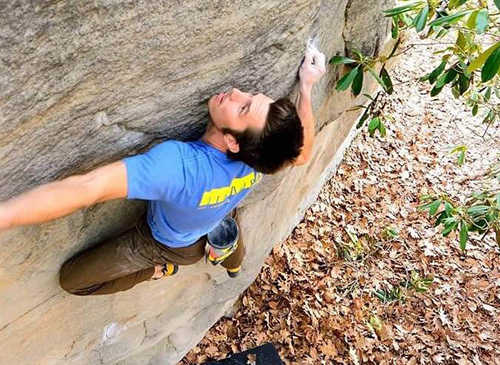
Penn State alumni Ron and Kathy del Papa want to pay it forward and make positive change. One way they’re hoping to achieve these goals is through a recent legacy gift to Penn State’s Institutes of Energy and the Environment (IEE).
The del Papas’ gift was motivated by Penn State’s response to the tumultuous times the world is experiencing. Having seen the stress and its effects on every community across the country, the del Papas saw Penn State demonstrate “the resilience and commitment needed for the challenges ahead.”
“One way to think of it,” del Papa said, “[is] Kathy and I are envisioning creating what we, ourselves, might like to find if we were starting out in life.”
Penn State’s California Regional Fundraising Office Director of Development Pete Davey spoke with the del Papas about a potential legacy gift to Penn State, after which the del Papas were put in touch with IEE Director Tom Richard. The vision that Richard shared was closely aligned to that of the del Papas, making IEE a natural fit for their gift. That vision is focused on making our society more resilient and addressing problems in a way that will yield societal improvements, making it better for all — a complex process that cannot be solved in a vacuum.
“One way to think of it,” del Papa said, “[is] Kathy and I are envisioning creating what we, ourselves, might like to find if we were starting out in life.”
Programs at IEE are designed to not only address problems or reverse issues, but to go beyond that, into how the solution actually makes our world a better place. Donors like the del Papas supporting the interdisciplinary teams of IEE will bring innovative ideas to reality, both now and the future, according to Richard.
“The We Are! tagline of Penn State works in research, too,” Richard said. “That ‘we’ is really important. We are able to do bigger things together than we can do as individuals.”

A complex problem with a multifaceted solution
“The challenges in both energy and environmental research are really complex. They’re not the kinds of things that an individual can solve by themselves,” Richard said. “They really require looking at the challenges from multiple perspectives and thinking about different kinds of methodology to do the research and innovation. And for the discoveries and new approaches to be effective, they require an understanding of not just the technology, but also how human society works.”
This type of complexity requires the involvement of several interdisciplinary stakeholders. Through the collaboration of undergraduate students, faculty and staff within the university, and engagement with practitioners industry, the real issues can be addressed.
“The challenges in both energy and environmental research are really complex. They’re not the kinds of things that an individual can solve by themselves,” Richard said. “They really require looking at the challenges from multiple perspectives and thinking about different kinds of methodology to do the research and innovation. And for the discoveries and new approaches to be effective, they require an understanding of not just the technology, but also how human society works.”
“For us to assume we know the real problem is hubris,” Richard said. “And the right solution to the wrong problem is actually not a solution anybody wants. So, in addition to building those connections within the university, we also build them outside the university.”
Connections among stakeholder groups is essential for this problem-solving success, and that includes connections with donors like the del Papas.

“We really need visionaries like Ron and Kathy to work with us,” Richard said. “It’s really important… people willing to invest in us can have a great impact.”
Global change for the next generation
Among several influential IEE programs is the EnvironMentors program. Richards highlights this program as truly impacting the next generation by “engaging underrepresented students and changing the narrative in STEM.” Through this program, Penn State is reaching into primarily under-resourced high schools in Pennsylvania to identify promising students who may otherwise be overlooked, and giving them an opportunity to learn about research and collaborate with students and faculty. This is one area where Penn State is pioneering the way as a model for the nation, with hopes of expanding worldwide.
“For us to assume we know the real problem is hubris,” Richard said. “And the right solution to the wrong problem is actually not a solution anybody wants.”






